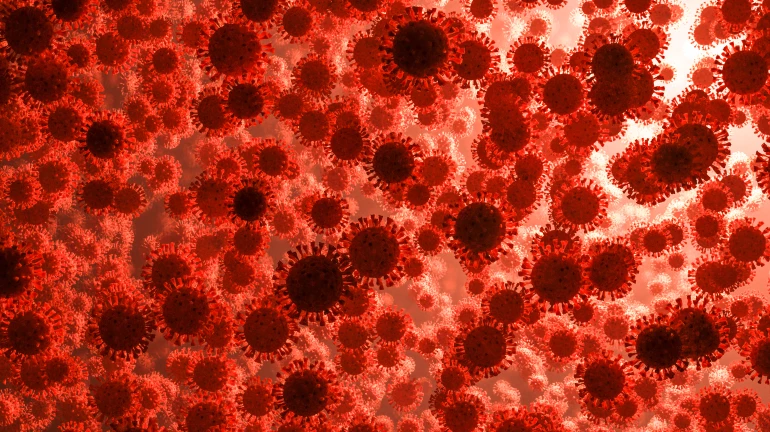
As per data shared by the National Institute of Virology (NIV), Pune with labs across Maharashtra, around 61 per cent or 220 of the 361 samples taken from the state between January to March this year were found to have the double mutation E484Q and L452R of the coronavirus, identified under the B.1.617 lineage.
The Union Government had said last month that around 15 to 20 per cent of the samples from Maharashtra contained this double mutant though it didn’t suggest that this was responsible for the rise in COVID-19 cases.
Officials from the NIV offered a detailed presentation containing the genome sequencing results to chiefs of government-run labs on April 10. This meeting was arranged by the Directorate of Medical Education and Research under the Medical Education and Drugs Department of Maharashtra.
Although data on genome sequencing was shared during the presentation, government officials pointed out that they are yet to receive a written report on the same. State Health Minister, Rajesh Tope added that the State had requested the Centre to offer a comprehensive report on genome sequencing results from the state’s samples.
Some state health officials now say that this mutated variant could be the driving force behind the steep increase in the caseload. With an average of more than 50,000 cases per day, Maharashtra continues to be the worst affected state in the country.
Director at National Centre for Disease Control (NCDC), Dr Sujeet Singh said, “It is a variant of interest now. But the number of samples are very few from these districts and therefore we cannot directly conclude that the surge is caused by the variant.” Singh went on to say that strains with B.1.617 lineage have been spotted in Delhi as well.
India is currently sequencing only 1 per cent of the samples which may not be adequate given the steep increase in cases. Effective detection is one of the key elements of combating the virus and its mutations.
Read - Here's The Full List Of Sealed Buildings In Mumbai
NIV’s data highlights that the double mutant variant (B.1.617) of COVID-19 was first spotted in regions like Akola and Thane back in January this year. But by February, this variant was found in more than 50 per cent of the samples gathered from 13 districts including Akola, Amravati, Bhandara, Chandrapur, Gondia, Hingoli, Nagpur, Pune, Wardha, and Yavatmal, to name a few. Around 10 to 30 samples were collected and sequenced from each of the affected districts.
The mutation was prominent in districts like Amravati and Akola. Around 85.2 per cent of the samples collected from Akola were found to have the mutated strain. This means 27 of the 34 samples from the region contained the strain. Meanwhile, around 69.3 per cent of the samples from Amravati or 68 out of 98 had the strain.
Officials have sought a quicker turnaround time for genome sequencing results given that we’re already in the midst of a new COVID-19 wave. Member of the state’s COVID-19 task force, Dr Shashank Joshi said, “Entire families are getting infected. This is something we flagged two months ago. This variant is fast spreading, has exponential growth and has strained our health system. And we need district-wise sequencing to understand local viral behaviour.”
Also read - Govt Officials And Engineers Should Be Deployed On COVID Duty: Congress
Another member of the task force, Dr Om Srivastava said that genome sequencing results should be ideally available within three days given that the pattern of these variants is hard to predict.
The issue is particularly concerning for regions like Amravati which is reporting an increase in active cases yet again. “We sent the samples in February. Till date we have no official report stating how many samples carried a mutation or how rampant the double mutation is. It is two months due,” an official from Amravati said.
The N440K mutation of COVID-19 is known to have caused re-infections and has been detected across North India as well as states like Andhra Pradesh, Karnataka, and Telangana among others.
Read - 10 Patients Die Due To Lack Of Oxygen In Nalasopara Hospitals





